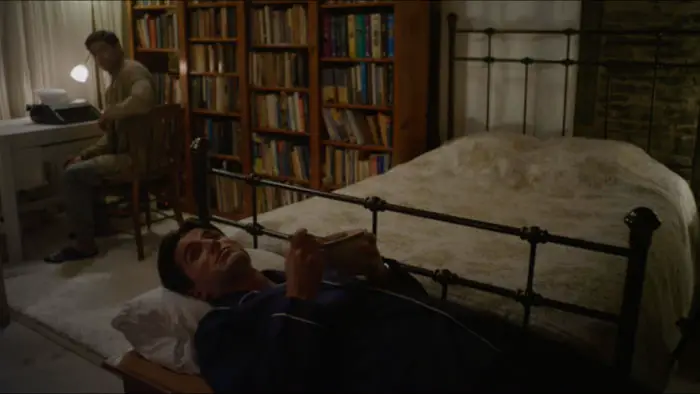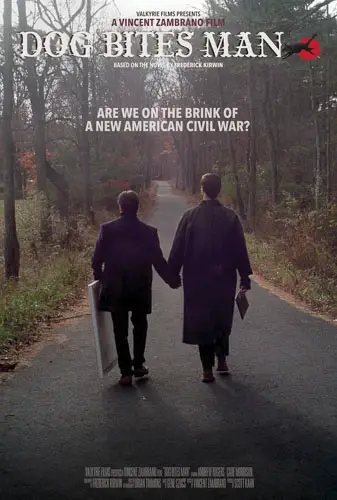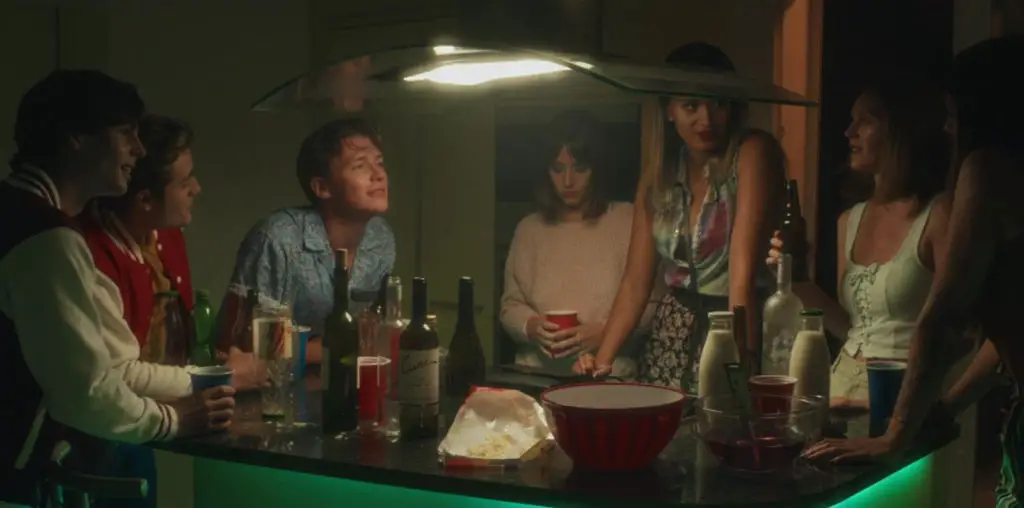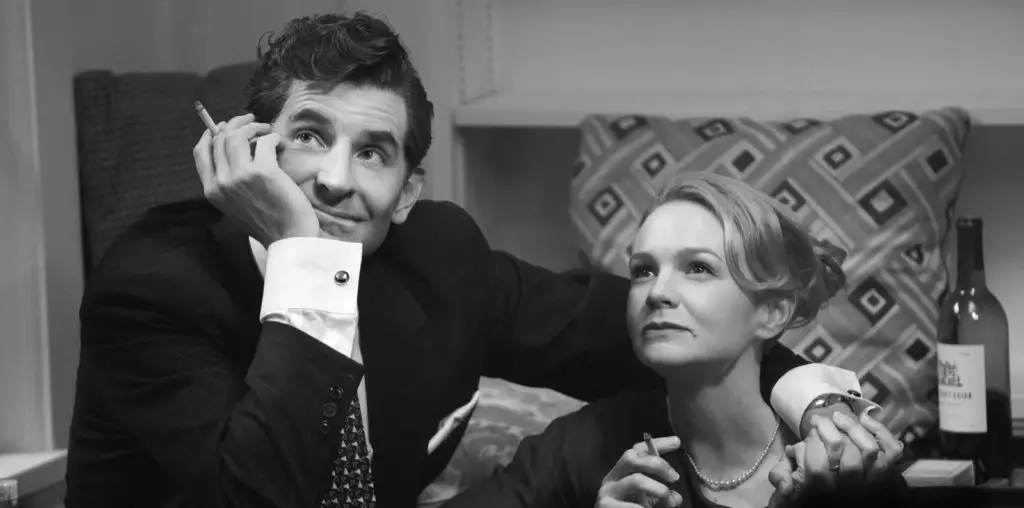
Dog Bites Man, directed by Vincent Zambrano and adapted by Frederick Kirwin (from his novel), is a tale of overnight existential horror experienced by a couple from the city. Two young male artists, Darm (Andrew Rodgers) and Evo (Cade Morrison), have rented a rural farmhouse. The painter and the poet, respectfully, have come to relax and work. Earlier in the day, they had a run-in with a local and his aggressive German Shepherd. As they are talking about the red hat demeanor of the locals, a rock flies through the window. When they step outside to investigate, the same dog charges at them, ready to attack.
A quick glance reveals that all four tires on their car have been flattened. Darm and Evo flee back inside. They discover the landline phone is dead. They’re both terrified of going outside for fear of the dog and his owner. They pass a long, sleepless night peering into the darkness, jumping at every sound, sure that their doors will be beaten down at any moment by a MAGA mob with torches and pitchforks. During the night, they think they smell smoke as though someone has set fire to the home.

“…a rock flies through the window. When they step outside to investigate, the same dog charges at them…”
Subtitled The New American Civil War, Dog Bites Man is meant to be an allegory for the current social and political climate in the United States, and it sells that point. The commentary is particularly sharp, comparing people in the cities to suburbs, exurbs, and especially rural areas of the country. With the antagonists off-screen (except for the dog), there’s a definite cabin-in-the-woods vibe that is terrible and funny at the same time. There are unseen monsters in the dark.
The home that serves as the single location for the bulk of the runtime is beautiful. It features rustic but tasteful design elements and is full of art and classical music. The two characters are equally well-heeled, so much so that it seems a bit tone-deaf when one of them snarks that the local troglodytes don’t like them being there but like their money well enough. That one misses the target because wealth inequality in the country is an existential concern that lives at the same threat level as homophobia/xenophobia.

"…the ubiquity of the smartphone is making scriptwriting much more challenging."



Dear Bradley Gibson, thank you so much for your thoughtful, well-written review. However, twice in the movie it’s mentioned that the cellphone is in the car. At 3:55, Darm says, ““What do you mean, did I look? I was busy running back alongside YOU. Did YOU look? Furthermore, you left the cellphone in the car.” And at 23:30, Evo says, “….our cellphone’s in the car, and there’s no Internet out here anyway.” And there is also a visual of the cellphone in the car..